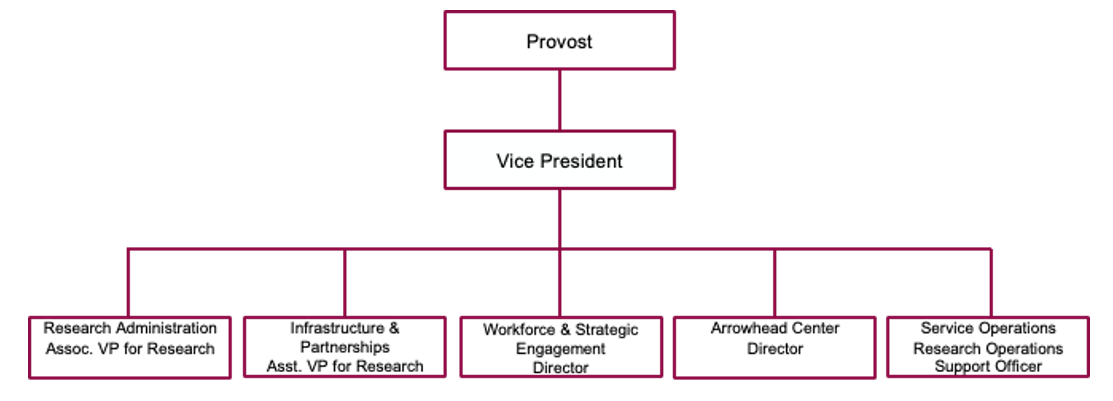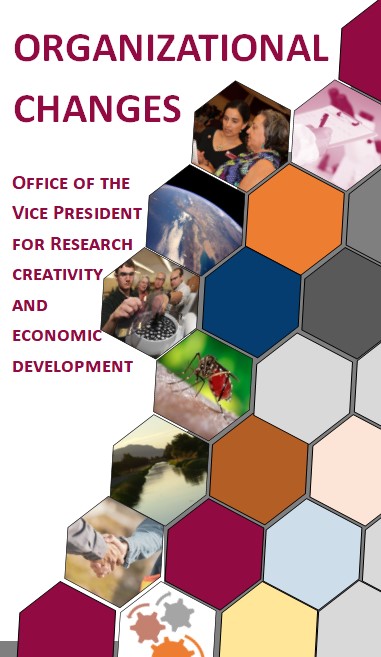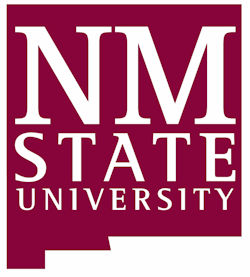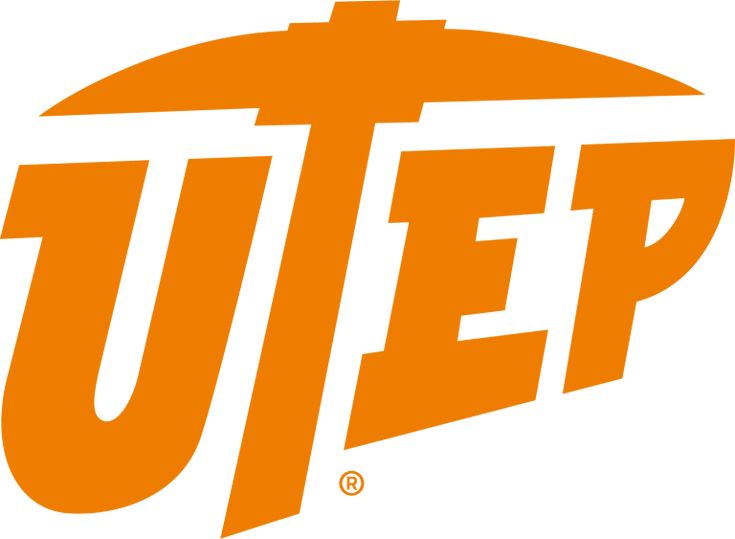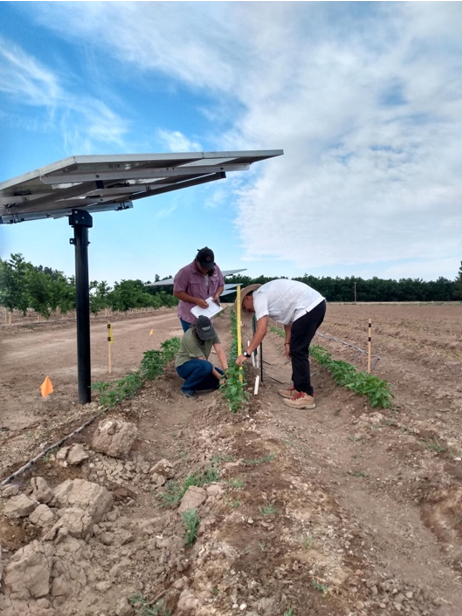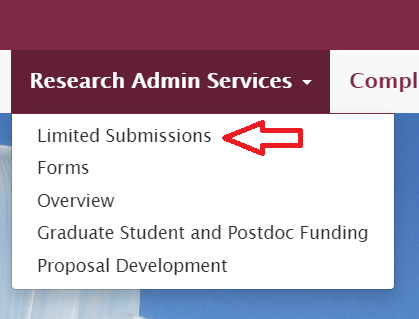 |
|
Organizational ChangesBy Dr. Luis Cifuentes, Vice President for Research, Creativity, and Economic Development (RCED); Ms. Alisha Giron, Associate Vice President; Dr. Tanner Schaub, Assistant Vice President; Ms. Kathy Hansen, Director, Arrowhead Center; Dr. Patricia Sullivan, Director, Office of Strategic Initiatives, and Ms. Cortney Chavez, Research Operations Support OfficerOur vision is to drive bold, strategic, and forward-looking leadership that empowers and intentionally serves the NMSU research and creativity enterprise and cultivates economic development in New Mexico. Transitional administrative and organizational changes were ratified by the New Mexico State University Board of Regents at last Friday’s special meeting. Henceforth, the office of Research, Creativity and Strategic Initiatives (RCSI) will be the office of Research, Creativity and Economic Development (RCED). I am honored to lead this office as its vice president and now report to provost Alan Shoho.
RCED is comprised of five units. Research Administration, led by Associate Vice President Alisha Giron, will include Research Administration Services (RAS) and Research Integrity and Compliance (RIC). Infrastructure and Partnerships, led by Assistant Vice President Tanner Schaub, will bring in the Research Cores Program, New Mexico Space Grant Consortium, New Mexico Water Resources Research Institute, Molecular Biology and Interdisciplinary Life Sciences Graduate Program and the newly formed STEM+ Education Research Institute. Arrowhead Center director, Kathy Hansen, will help me lead economic development efforts. In turn, Patricia Sullivan will direct Workforce and Strategic Engagement. Finally, Cortney Chavez, research operations support officer, will manage Service Operations. RCED will be an active participant in all six LEADS 2025 goals. Now in academic affairs, we are excited to support Goal 1 by helping recruit and retain of top-tier faculty, actively partnering with the Graduate School, seeking research funding and experiences for undergraduates, involving students in workforce initiatives, and incorporating colleges in economic development initiatives. Research Administration RCED’s RAS and RIC continue to encompass central operations involving research development, pre-award and non-financial post-award administration, and research compliance. Ongoing dialogue with Associate Deans for Research, and other unit research leaders, is particularly impactful to this vast component of RCED. Associate Vice President Giron will continue to represent the research and creativity enterprise by participating in both internal and external committees and collaborations. She will now serve as a non-voting member of the University Research Council to ensure comprehensive researcher support across the university system. Additionally, Associate Vice President Giron will promote significant engagement with state and federal initiatives via existing professional affiliations, as well as expansion into new endeavors benefiting the competitive posture of NMSU’s research and creativity portfolio. Infrastructure and Partnerships This unit plays a pivotal role in supporting and empowering research and academic excellence brought forth by the colleges and their faculty by optimizing existing infrastructure and guiding the development of new resources and partnerships. The unit ensures the sustainability of research centers, institutes, and programs, aligning them with the university's broader goals, providing strategic oversight, and evaluating research priorities, budgets, and feasibility. One of the core responsibilities of the Infrastructure and Partnerships unit is to facilitate a seamless flow of momentum between internal and external partners. This collaborative network includes national laboratories, academic institutions, funding agencies, industrial partners, government entities, community leaders, and internal partners such as the Council of Associate Deans for Research, the University Research Council, the Faculty Senate, and the NMSU faculty. By fostering solid working relationships and promoting visibility, the unit ensures that the collective expertise and resources of NMSU contribute to the advancement of research and the development of new and transformative infrastructure. Economic Development The economic development unit seeks to advance economic development by:
To achieve these goals, NMSU is leveraging an array of university contributions and activities to larger ecosystems, including, but not limited to workforce development, research, real estate and infrastructure development, community and relationship development, technology transformation, and business/infrastructure acceleration. RCED, supported by Arrowhead Center, will lead efforts to realize the economic development goals and activities as identified in the NMSU economic development plan. Arrowhead Center’s mission supports economic development through enhancement of entrepreneurship and innovation, creating economic opportunities and social mobility for New Mexicans. Workforce and Strategic Engagement Workforce and Strategic Engagement is a transformational approach to accelerating workforce and strategic public private partnerships. Leveraging the institutional tagline, Be Bold: Shape the Future, the unit will build on NMSU core values of teaching, research and service as strategic assets to scale proven strategies to help shape the state's future workforce. Primary focus areas include:
RCED Service Operations Support and service operations maintain consistency and efficiency, and are foundational, for any organization, and the same is true for RCED. The primary focus of the service operations unit is to collect and maintain data sets specific to our internal and external strategic initiatives and economic development efforts, as well as comprise the administrative support staff for each area. In addition, it is our goal to enhance and increase the project management and program management capabilities offered within the research enterprise system by maintaining a centralized operational unit. As was the case when we announced the formation of RCSI in January 2022, unchanged is RCED’s leadership commitment to grow research and creative activity programs, to enable faculty, scholar, researcher, and student success, to provide steadfast stewardship of sponsor funds, to promote research compliance, and to help communicate the value of NMSU research and creative activity to all our external private and public stakeholders. As RCED, we are better positioned to partner with the community, state and nation and contribute to the educational achievement and economic health of the peoples of New Mexico. |
|
Collaboration with UTEP
By Dr. Patricia Sullivan, Director, Office of Strategic InitiativesThe Office of Strategic Initiatives (OSI) recently joined Provost Shoho and several NMSU deans for a campus visit to the University of Texas at El Paso (UTEP) to identify opportunities for collaborative engagement. Following the joint meeting, OSI has connected with UTEP’s Center for Environmental Resource Management to pursue two separate NSF multi-disciplinary research opportunities focused on climate change and energy transition. Both efforts build on the recently awarded EPA Thriving Communities Technical Assistance Center to foster environmental and energy justice.” |
|
NMSU Part of $20 Million Award to Prepare Hispanic Students for Agricultural Science Careers
By Dr. Hamid Mansouri Rad, Senior Proposal Development Specialist, RASThe USDA National Institute of Food and Agriculture (NIFA) NextGen Program has awarded four partnering Hispanic-Serving Institutions a $20 million award titled ‘LEADING Hispanics to Federal Agency Employment (LEADING: Leading and Enhancing Agricultural Development in the Next Generation)’. This award (among others) was announced by the USDA in a press release on June 21, 2023. Dr. Clint Löest, professor of animal science at NMSU, is a co-director for the grant ‘LEADING Hispanics to Federal Agency Employment’. His team of project directors include Drs. Natasha Mast at Texas A&M University-Kingsville (the lead institution), Esbal Jimenez at University of Puerto Rico-Mayagüez, and Merritt Drewery at Texas State University. “The goal of the LEADING Hispanics program is to develop and sustain the next generation of agricultural leaders by building awareness of the processes and pathways leading to training opportunities and employment in the federal sector” states Dr. Löest. “This program will develop a vast support system through Student Scholarship Projects, Experiential Learning Projects, and Outreach and Engagement Projects that will prepare students for agricultural science careers.” |
Dr. Clint Löest, NMSU |
Recognizing Large Proposal Submitters (June 2023)By Dr. Hamid Mansouri Rad, Senior Proposal Development Specialist, RASCongratulations to Drs. Rajan Ghimire, and Barbara Chamberlin for each submitting a proposal exceeding a million dollars in the month of June. |
|
|
Dr. Rajan Ghimire, associate professor of plant and environmental sciences in Clovis Agricultural Science Center, submitted a proposal in collaboration with the University of Delaware as the lead to the USDA AFRI SAS. The goal of this proposal, requesting $2.3 million for efforts to be undertaken at NMSU, is to improve soil health and sustainability through improved fertility management practices. More specifically, Dr. Ghimire and his team plan to evaluate soil health, carbon sequestration, and greenhouse gas mitigation potential of diverse crops and cropping systems with novel fertility management practices, including biochar and nano-fertilizer applications. They also plan to calibrate and use Artificial Intelligence/Machine Learning models to quantify ecosystem services. Other NMSU investigators on this proposal are Drs. Sangu Angadi, John Idowu, and Don Edgar. For more information about this proposal please contact Dr. Ghimire at rghimire@nmsu.edu. |
Dr. Rajan Ghimire, NMSU |
|
Dr. Barbara Chamberlin, head of the Department of Innovative Media Research and Extension submitted a collaborative proposal titled “BalancED IA: Educating and Developing Indoor Agriculture” with the University of Arkansas as the lead. Requesting $1.03 million for NMSU, Dr. Chamberlin will lead the Extension and Education team developing learning tools to help producers in indoor agricultural environments grow food safely. To that end, the NMSU team will develop a website to serve as an outreach hub for the project, create and distribute digital education and outreach media tools with particular emphasis in reaching neurodiverse learners. Drs. Pamela Martinez and Matheus Cezarotto from the Innovative Media Research and Extension will also take part on this project. Dr. Martinez will oversee production, and serve as instructional designer. Dr. Cezarotto’s role includes serving as lead content expert on design of media for diverse audiences. For more information, please contact Dr. Chamberlin at bchamber@nmsu.edu.
|
Dr. Barbara Chamberlin, NMSU |
Protecting NM Chile and Tomato Crops from Disease while Generating Electricity through Agrivoltaics
By Ms. Claire Montoya, Director, Communications and Reporting, College of ACESAgrivoltaics is a system that combines agricultural production with the use of solar panels installed overhead. The technique allows for the optimization of arable land; productive land can continue to be used for crop production, while electricity generated by solar panels may provide an additional income stream for farmers. Vegetation growing beneath cools the solar panels and thereby increases their electricity-generating efficiency. Research has shown that some crops are productive under the partial shading provided by solar panels. Despite New Mexico’s heat and intense sunlight, agrivoltaics has not been widely tested in the state. To begin investigating the feasibility of agrivoltaics in NM crop production, a project was initiated at the Leyendecker Plant Science Research Center. Racks were installed and fitted with solar panels and chile plants were transplanted into field plots under partial solar panel shading and in adjacent non-shaded control plots. This project will investigate the possibility of NM-type green chile production under an agrivoltaics system, with a plan to expand to tomato crops next year. Pending the outcome, research findings may be the precursor to the future conversion of conventional farmland into land that produces high-quality NM-type chile and tomatoes with less loss due to Curly Top Virus (CTV) and fruit disorders, while also allowing farmers to reap economic gains from the same plot of land through electricity generation. Project collaborators: Drs. Marisa Thompson, Stephanie Walker (Extension Plant Sciences) and Olga Lavrova (Klipsch School of Electrical and Computer Engineering). The project is supported through funding received through the NMDA’s Specialty Crop Block Grant Program and the Agricultural Experiment Station. |
|
Limited Submission Funding OpportunitiesBy Dr. Hamid Mansouri Rad, Senior Proposal Development Specialist, RASResearch Administration Services maintains a list of limited submission funding opportunities for NMSU research community. The list is accessible through a link on the Research website, through the Research Administration tab. NMSU users can also access the list directly on SharePoint. We encourage NMSU researchers to periodically visit the site and if they are interested in any of the opportunities to please inform us by sending email to ras@nmsu.edu. |
|
Pivot Funding Opportunity DatabaseBy Dr. Hamid Mansouri Rad, Senior Proposal Development Specialist, RASThis is a reminder that in order to assist NMSU faculty and staff in locating external funding opportunities, the RCSI has purchased a subscription to ProQuest’s Pivot available at https://pivot.proquest.com/session/login. Choose New Mexico State University from the Institution drop down menu. You will be prompted to log in using your NMSU username and password. Follow the process for NMSU's 2-Factor Authentication (2FA). To request a one-on-one or group Pivot training, send email to hamid@nmsu.edu. |
|
|
Graduate School |
|
Graduate School Update
By Dr. Carol Flinchbaugh, Faculty Fellow, Graduate SchoolThe Graduate School is using the summer to remind you of the graduation timelines and provide updates for Fall 2023 activities and events. Fall 2023 graduation deadlines. Graduate students who are planning to graduate in Fall 2023 must adhere to the deadlines provided in the Academic Calendar. Please remember that you MUST apply to graduate by August 25, 2023. See all calendar deadlines for Fall graduation Graduate School Calendar. Teaching Assistant (TA) Training.
New Graduate Student Orientation. The Graduate School will host our in-person New Graduate Student Orientation on Thursday, August 17th in the Corbet Center ballroom from 6pm – 7:30pm. Please attend to learn about campus resources and student organizations that will help you during your academic journey at NMSU. The Graduate Workers Union will host a brief meeting at 7:30 immediately after the orientation. Be on the lookout for new and continuing Fall events sponsored by the Graduate School (dates/times to be determined). These events include:
|
|
Questions and comments regarding NMSU’s Research Digest should be directed to Hamid Mansouri Rad, Ph.D. at hamid@nmsu.edu, (575) 646-6429. |
|
